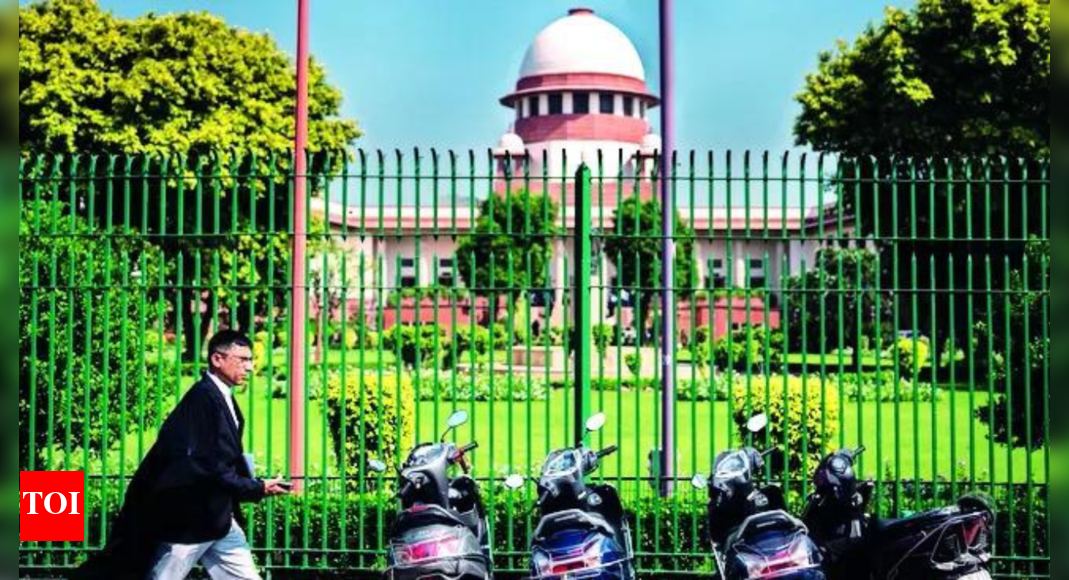Supreme Court Frees Death Row Inmate: Police Tampered with Evidence
Flawed Investigation and Unjust Trial
In a stunning revelation, the Supreme Court of India exonerated a man who had been on death row for a decade for a rape and murder case in Uttarakhand. The court discovered that the police investigation was flawed and the trial was biased, with evidence being planted and proceedings being unfair.
Incident and Arrest
- The incident took place in Udham Singh Nagar district in June 2016 when a girl went missing during a jagran and her body was later found in a nearby field.
- The man, who was responsible for the sound and light at the jagran, was arrested a day later.
Absence of Solid Evidence
The bench of Justices Vikram Nath, Sanjay Karol and Sandeep Mehta reviewed all evidence, including the forensic report, and found no credible evidence against the man. The court overturned his conviction by both the trial court and high court.
Planting of Evidence
- None of the witnesses initially claimed to have seen the girl with the man when the FIR was filed, but they later alleged so after the police named him as the accused.
- The doctor who examined the girl was not cross-examined and did not disclose the name of the policeman to whom the samples were handed over or state that the samples were sealed and handed over securely.
- The police attempted to incriminate the man by obtaining his confessional statement.
Unconvincing Theory
The court found the witness’s theory regarding the recovery of clothes from the man to be completely unbelievable. It was implausible that the man would keep the clothes for almost two days after the incident to enable the police to recover them later.
Tampering of Samples
The court also found that there was no evidence to suggest that the samples collected from the girl’s body and those collected from the man, which were later sent to the forensic science lab, were properly sealed or remained safe. There was a possibility that the samples were tampered with or manipulated by the police to implicate the man in the crime.
Unfair Trial
The bench also criticized the trial proceedings as the accused was not adequately represented. The biased manner in which the trial was conducted is evident from the evidence of sub-inspector Prahlad Singh who was allowed to recount the entire confession of the appellant in his examination-in-chief. This procedure adopted by the trial court in allowing a police officer to narrate the confession made by an accused during investigation is illegal.



